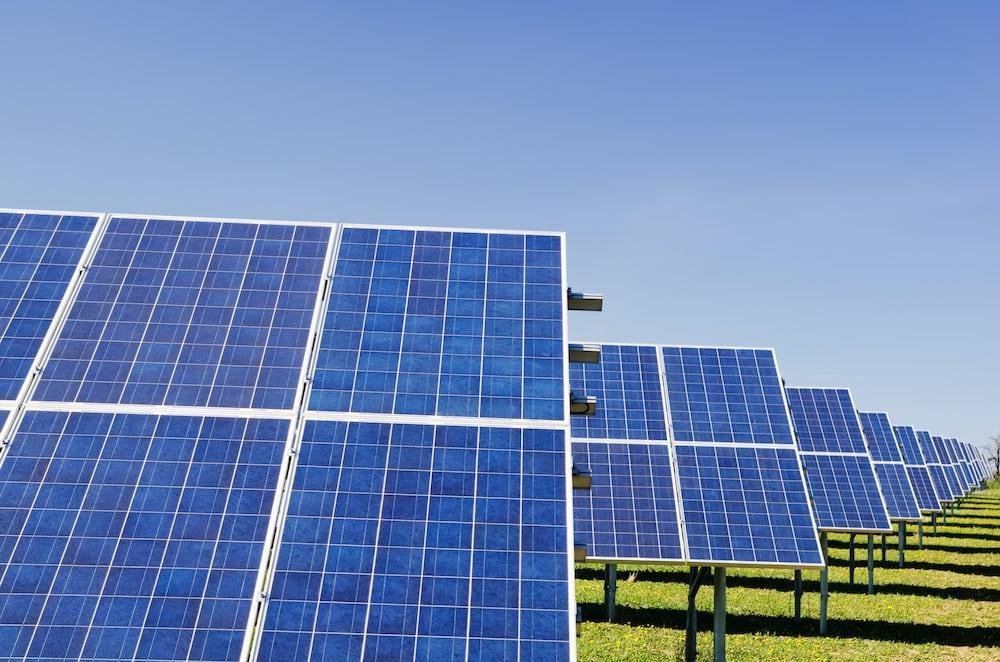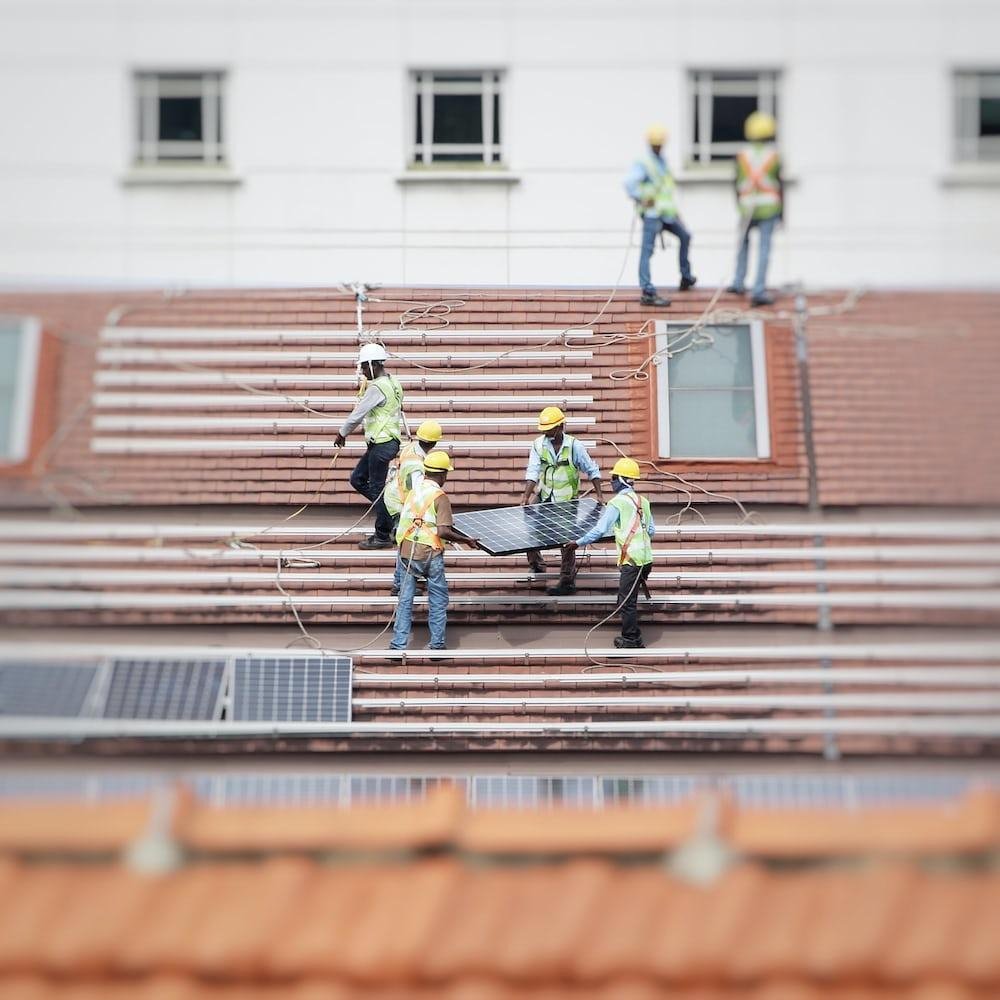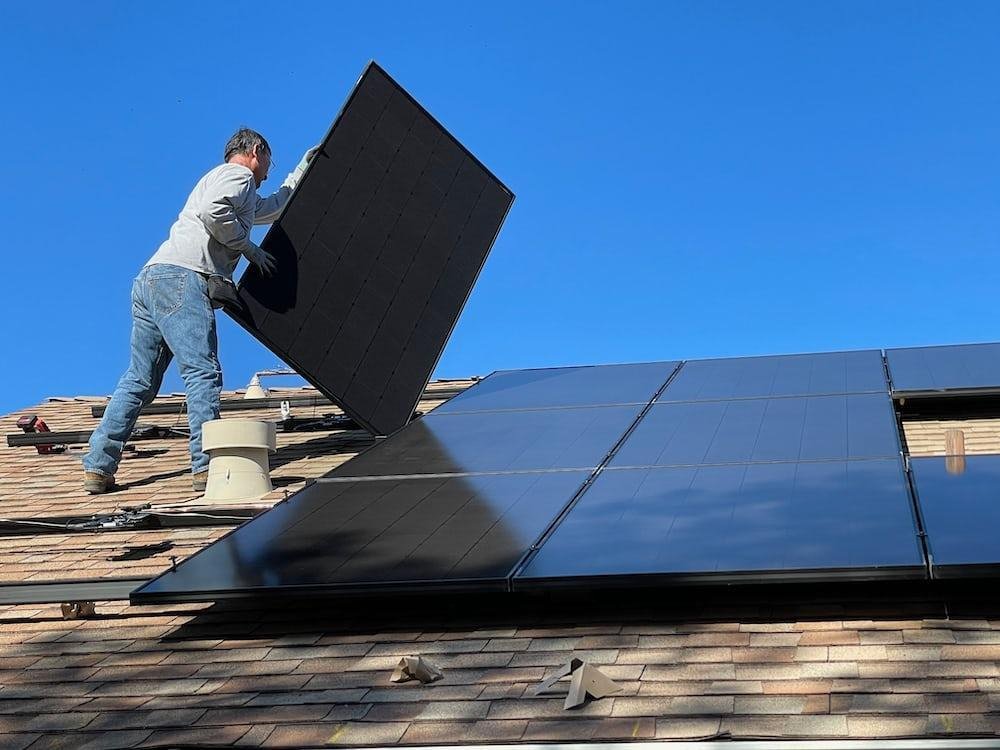Photovoltaic systems are among the most in-demand applications when it comes to lowering carbon emissions and increasing the proportion of renewable energy in the grid. PV panels generate direct current (DC), which must be converted to alternating current (AC) before being connected to the grid and used locally or sent to faraway consumers. With solar inverters, DC may be transformed into AC.
Installing a solar energy system at your home or company but need help deciding between off-grid and on-grid panels? To make the best decision, learning about the fundamental difference between off-grid and on-grid solar systems is important.
Contents
What Is Off-Grid and On-Grid Solar Energy?

A solar energy system that is not attached to the utility grid is said to be “off-grid,” whereas a solar energy system that is attached to the utility grid is said to be “on-grid.” How you’re billed, what happens if the power grid goes down, and whether or not you have access to energy all depend on whether you have an off-grid or on-grid system.
The Differences Between Off-Grid and On-Grid Solar Energy
Electricity Access with Off-Grid Solar
Such systems solely rely on the sun’s energy and batteries to power homes or businesses. Without a backup generator, electricity is only available in two instances:
- When the sun is shining, the solar system generates electricity, and
- When electricity previously generated by the solar system is drawn from a storage device, such as batteries.
With energy storage, there will be sufficient electricity during cloudy days, and electricity will be available at night.
In an off-grid system, there is no surplus electricity available beyond what is generated and stored. Therefore, the electricity produced and stored is the only power source for your equipment, and no additional electricity is accessible if needed.
Electricity Access with On-Grid Solar
An on-grid solar system provides continuous access to electricity, regardless of the power output of the solar system or the presence of energy storage devices. However, the availability of electricity is subject to the grid’s uptime. When the solar system is not generating enough electricity to meet the energy demand of devices, machines, or lights, users can draw electricity from the utility grid as a supplement. This guarantees a reliable and uninterrupted source of electricity for all your needs.
Difference #2: What Happens to Excess Production
Excess Production with Off-Grid Solar
The amount of excess electricity your solar system generates depends on the system’s size, energy consumption, and when you use that energy. The management of this excess electricity relies on the type of equipment installed. Typically, off-grid solar systems are designed to produce a surplus of electricity during the daytime, stored in batteries. This stored energy is used when the system is not producing energy, such as at night or during cloudy weather.
Excess Production with On-Grid Solar
Like off-grid solar systems, individuals opt for on-grid solar systems also aim to satisfy their entire energy requirements or at least a significant portion. It’s feasible to attain this objective with on-grid systems as well.
Difference #3: What Happens When the Grid Goes Down

Power Outages with Off-Grid Systems
An off-grid solar system operates autonomously and doesn’t rely on the power grid. Hence, in a severe storm or power outage, your solar system will continue to function seamlessly, and you won’t experience any disruptions or changes in your electricity service.
Power Outages with Grid-Tied Systems
When your solar system is connected to the grid, you have uninterrupted access to electricity as and when required. However, you must also adhere to specific guidelines and regulations. When the grid is down, a grid-tied solar system will not provide electricity unless it has a battery backup.
Conclusion
The choice between off-grid and grid-tied solar systems largely depends on individual circumstances. Although off-grid systems offer complete independence from the utility, they can be comparatively costly. On the other hand, grid-tied systems provide substantial electricity savings and uninterrupted access to the grid, ensuring that you always have the necessary electricity to power your residence or business.





